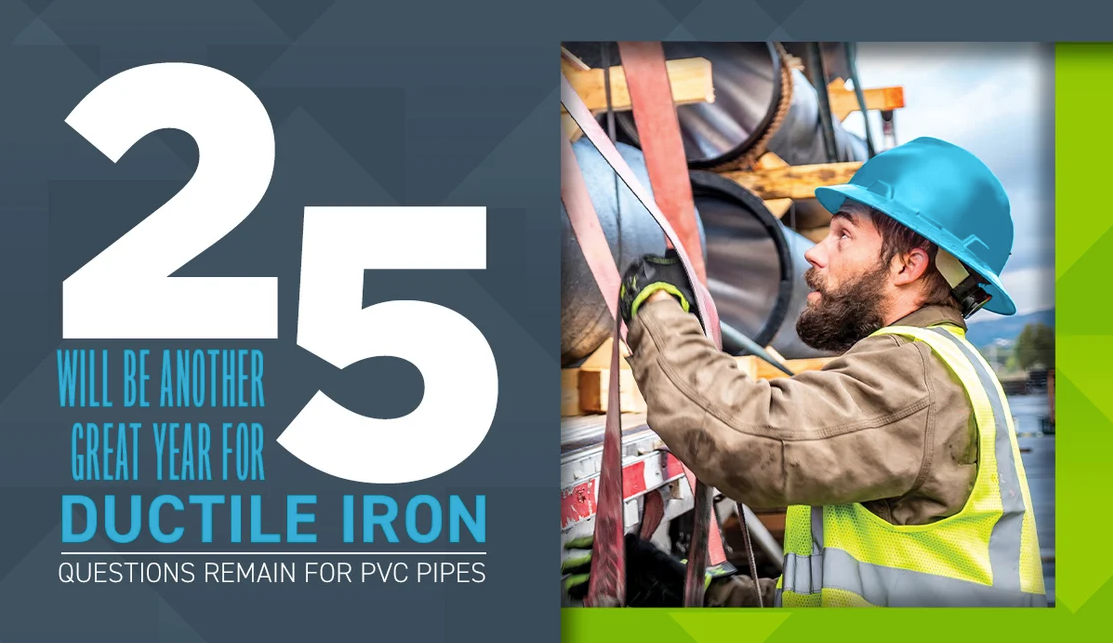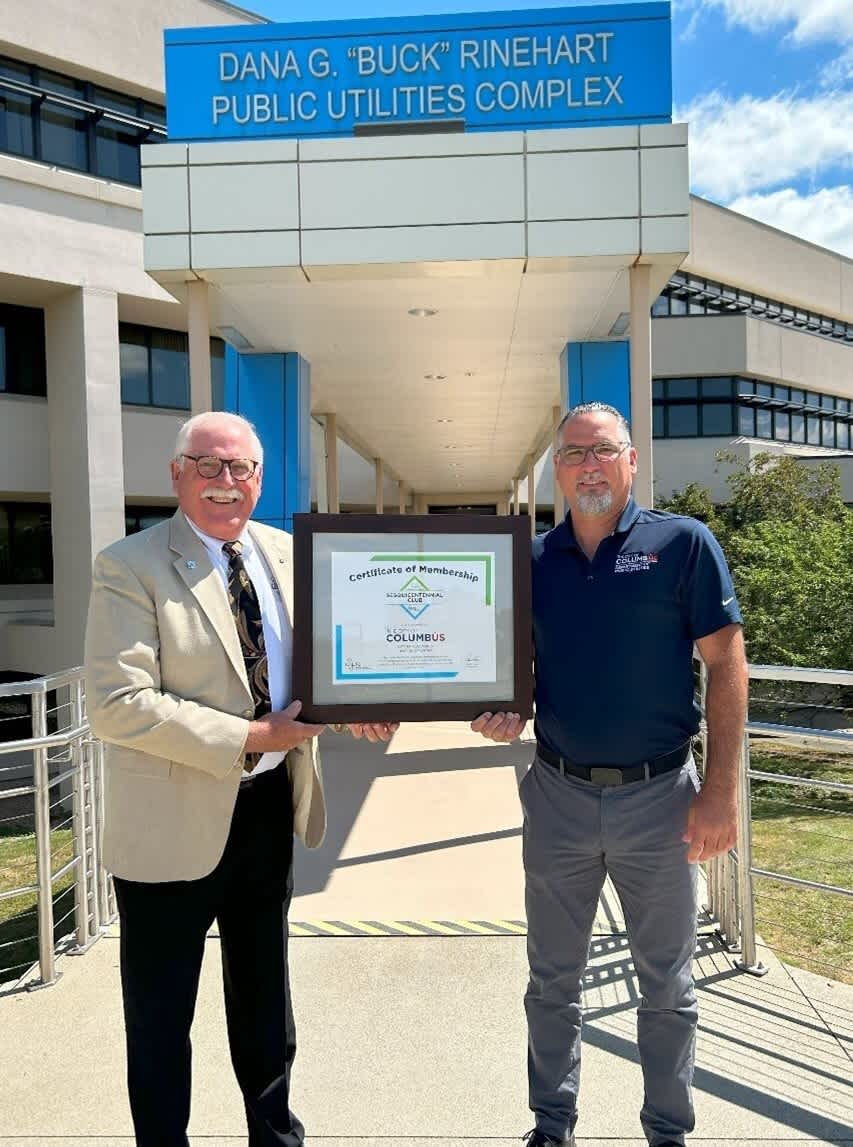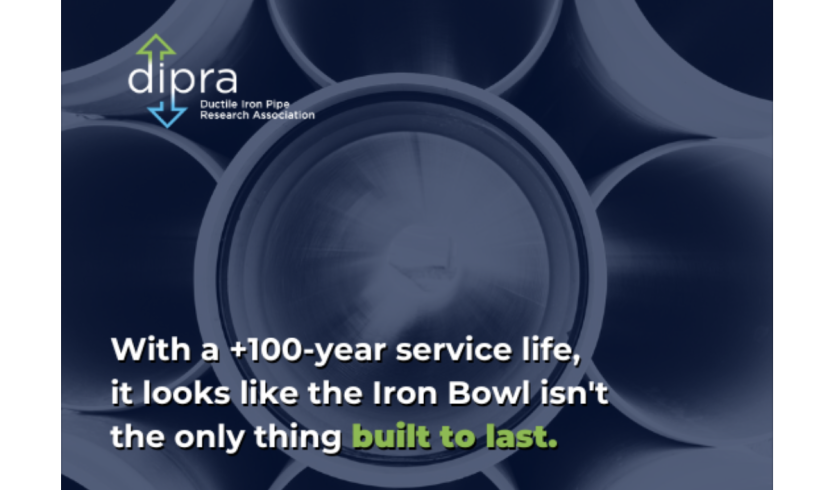
"Despite the dangers presented by vinyl chloride, most people are unaware of how prevalent this chemical is in their lives."
Last year, the U.S. Environmental Protection Agency announced that it would undertake a review of vinyl chloride and four other chemicals to determine if any should be subject to additional restrictions under the federal Toxic Substance Control Act.
While there has been somewhat limited public activity since that announcement, DIPRA is pleased to use this space to further explain what has happened – and what we can expect to happen, based on comments from the agency, particularly given the use of vinyl chloride in making PVC pipes and other plastic materials.
Vinyl chloride has been a “chemical of concern” for decades. In fact, it was classified as a human carcinogen since 1974, and the federal government at that time banned the use of vinyl chloride in consumer products such as hair sprays, refrigerants, cosmetics, and drugs. The EPA has that vinyl chloride is still used to make PVC and vinyl products such as drinking water pipes and children’s toys.
Despite the dangers presented by vinyl chloride, most people are unaware of how prevalent this chemical is in their lives. That changed in February 2023 when a train carrying vinyl chloride and other chemicals derailed in East Palestine, OH. Officials decided to “vent and burn” the vinyl chloride in overturned rail cars, fearful that the gas could ignite and result in widescale harm to human and environmental health. Unfortunately, myriad media reports and studies from independent researchers have chronicled a host of health issues that continue to plague residents who live within about 20 miles of the derailment in East Palestine.
During the course of the response to the derailment, the U.S. EPA issued a on May 31, 2023, entitled “Vinyl Chloride and Health” that sought to reassure the public on the hazards posed from vinyl chloride which alerted to the potential that “Drinking water may contain low levels of vinyl chloride released from contact with PVC pipes.”
Additional questions remain about chemical exposure and the long-term effects of the presence of vinyl chloride in waterways and in the air. The National Institute of Environmental Health Sciences has awarded to conduct research and community engagement activities in East Palestine, OH, to characterize exposures and collect health outcome data following the derailment.
The federal Toxic Substance Control Act review of vinyl chloride could take as long as three years, and actions the U.S. EPA could take include an outright banning of the chemical, placing severe restrictions on its use, or to allow it to continue to be managed under the existing regulatory framework. There are several regulatory and statutory deadlines throughout the review process, including periods during which the EPA will consider risk assessment and risk management.
The agency is currently reviewing comments submitted by organizations and individuals during the initial public comment period. More than 580 comments have been by the EPA so far. But the EPA has said that it expects vinyl chloride will meet the threshold to be considered “high priority” for moving to the next phase of the review process, which would lead to a more comprehensive review of the chemical’s risks to the general public, the environment and workers exposed to the chemical.
That means, we can expect this process to continue and questions about whether the chemical and products that use it to remain at the front of mind for those involved in the industry. For water utilities, it could mean replacing PVC pipes if the EPA determines the risk of vinyl chloride is extremely dangerous. Or, it could be that new PVC pipe installations are prohibited – such as happened with lead pipes in 1986 – but current ones can remain in place until they crack or reach the end of their short service life.
At DIPRA, we work with utility partners to help instill confidence in their pipe choices. We know that Ductile iron is a safe pipe that is manufactured from safe, recycled materials. Ductile iron is also recyclable when it reaches the end of its long service life. That is a stark contrast to PVC, which is made from volatile chemicals – including vinyl chloride – that cannot be safely recycled.
DIPRA’s Regional Engineers are happy to discuss this issue with utilities who want to ensure that they are delivering the cleanest, safest drinking water to their communities through pipes that do not contain toxic chemicals.
Thank you,







